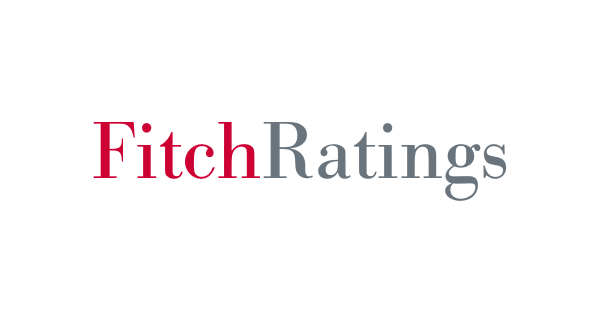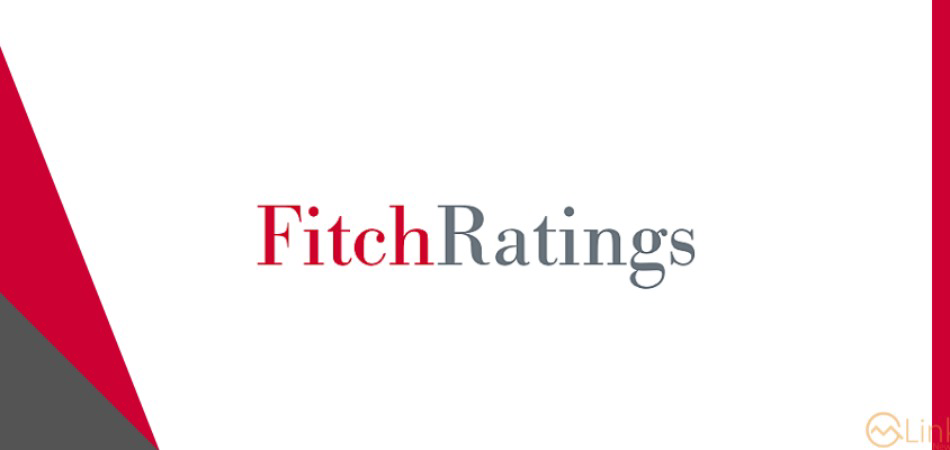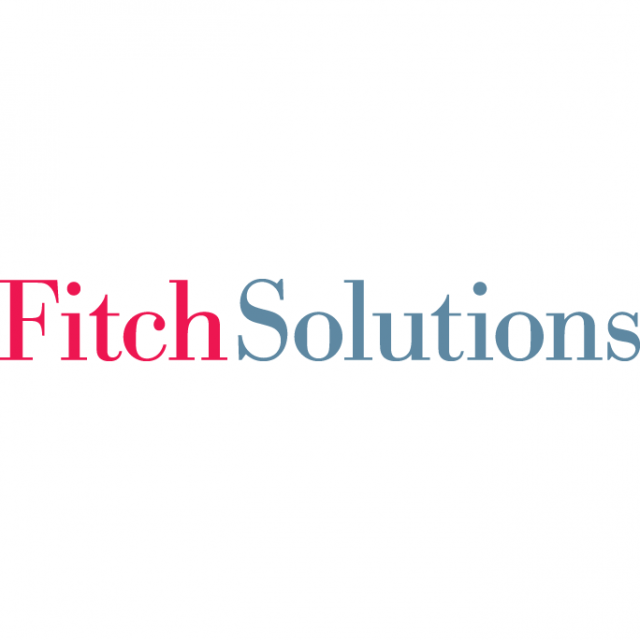Fitch sees growth in Islamic derivatives across key markets

MG News | July 01, 2025 at 01:04 PM GMT+05:00
July 01, 2025 (MLN): The use of Islamic derivatives is set to grow further in some countries, driven by the availability of new products and new netting laws, amid the rising market share of Islamic banking, Fitch Ratings said.
Global volatility and uncertainty leading to fluctuations in interest rates, foreign exchange rates, and commodity prices will also help boost the use of these derivatives.
About 75% of Fitch-rated Islamic banks used Islamic derivatives in 2024–1H25, according to Fitch's calculations.
However, derivatives markets in general remain underdeveloped in most Organisation of Islamic Cooperation (OIC) countries, with Islamic alternatives lagging, partly due to Sharia restrictions and infrastructure gaps.
The most common Islamic derivatives used by Fitch-rated Islamic banks in Saudi Arabia, the UAE, Turkiye, Kuwait, and Qatar are profit-rate swaps, forward foreign-exchange (FX) contracts, and cross-currency swaps.
These broadly offer economic functions similar to conventional derivatives, aiding risk mitigation and potentially supporting credit profiles.
In markets like the UAE, new products were introduced, including profit rate cap, profit rate collar, profit rate cap spread, profit rate leverage cap spread, and FX and commodity price zero-cost collar.
In Oman, the first Islamic derivatives product was introduced in the form of a wa’ad-based hedging facility for FX volatility.
South Africa saw the launch of a sharia-compliant FX contract for the first time.
Despite this progress, many Fitch-rated Islamic banks in Indonesia, Iraq, Jordan, Nigeria, and Tunisia still do not use Islamic derivatives.
In Malaysia home to one of the most advanced Islamic finance ecosystems with Islamic financing above a 40% market share, Islamic derivatives (in the form of profit rate swaps) held only a 1% share of the total derivatives market in 2024.
Most Islamic banks do not use or offer sharia-compliant alternatives to credit derivatives, equity derivatives, commodity derivatives, digital assets derivatives, and futures.
Saudi Arabia enacted the Close-out Netting and Financial Collateral Arrangements Regulation in February 2025, providing a legal framework to strengthen the enforceability of netting and collateral arrangements both pre- and post-insolvency.
Qualified financial contracts (QFCs) also include Islamic derivatives and sukuk-linked products.
In the UAE, a netting law effective from January 2025 expanded QFCs to include Islamic derivatives, sukuk-linked products, digital assets, voluntary carbon credits, and other types of carbon credits.
Retrospective claims that a QFC is non-sharia compliant are prohibited if the parties have already confirmed sharia compliance at the contract stage.
Similar provisions are present in the draft netting law issued by the Central Bank of Bahrain in 2024.
In June 2025, the Central Bank of Oman also approved the draft close-out netting law.
These regulations are expected to enhance market participants' confidence and reduce overall credit and settlement risks.
However, the absence of close-out netting legislation continues in Kuwait, Qatar, Egypt, and Pakistan.
In 2024, the International Islamic Financial Market and the International Swaps and Derivatives Association jointly released updated versions of the Islamic Profit Rate Swap and Islamic Cross-Currency Swap product confirmation templates.
The Central Bank of the UAE is finalising the schedules to the Tahawwut Master Agreement, which will be launched in 2025.
While derivative products aid in managing risks, they also introduce exposure to counterparty credit, liquidity, currency-basis, and operational risks.
High exposure to market risk, when not effectively managed, could negatively impact Fitch's assessment of an Islamic bank’s standalone credit profile, reflected in its Viability Rating.
Hedging arrangements in sukuk documentation remain relatively rare.
However, a number of recent non-bank Fitch-rated sukuk include terms related to sharia-compliant hedging arrangements to ensure investors are paid in full and on time, particularly when underlying assets are equities.
Copyright Mettis Link News
Related News
| Name | Price/Vol | %Chg/NChg |
|---|---|---|
| KSE100 | 138,412.25 167.69M | 0.32% 447.43 |
| ALLSHR | 85,702.96 423.92M | 0.15% 131.52 |
| KSE30 | 42,254.84 82.09M | 0.43% 180.24 |
| KMI30 | 194,109.59 84.37M | 0.15% 281.36 |
| KMIALLSHR | 56,713.67 217.03M | 0.03% 16.37 |
| BKTi | 37,831.34 13.04M | 1.62% 603.62 |
| OGTi | 27,440.63 3.93M | -0.09% -23.70 |
| Symbol | Bid/Ask | High/Low |
|---|
| Name | Last | High/Low | Chg/%Chg |
|---|---|---|---|
| BITCOIN FUTURES | 118,750.00 | 119,740.00 118,145.00 | 455.00 0.38% |
| BRENT CRUDE | 73.37 | 73.52 71.75 | 0.86 1.19% |
| RICHARDS BAY COAL MONTHLY | 96.50 | 0.00 0.00 | 2.20 2.33% |
| ROTTERDAM COAL MONTHLY | 104.50 | 104.50 104.50 | -0.30 -0.29% |
| USD RBD PALM OLEIN | 998.50 | 998.50 998.50 | 0.00 0.00% |
| CRUDE OIL - WTI | 70.20 | 70.35 68.45 | 0.99 1.43% |
| SUGAR #11 WORLD | 16.49 | 16.58 16.37 | -0.10 -0.60% |
Chart of the Day
Latest News
Top 5 things to watch in this week
Pakistan Stock Movers
| Name | Last | Chg/%Chg |
|---|
| Name | Last | Chg/%Chg |
|---|


